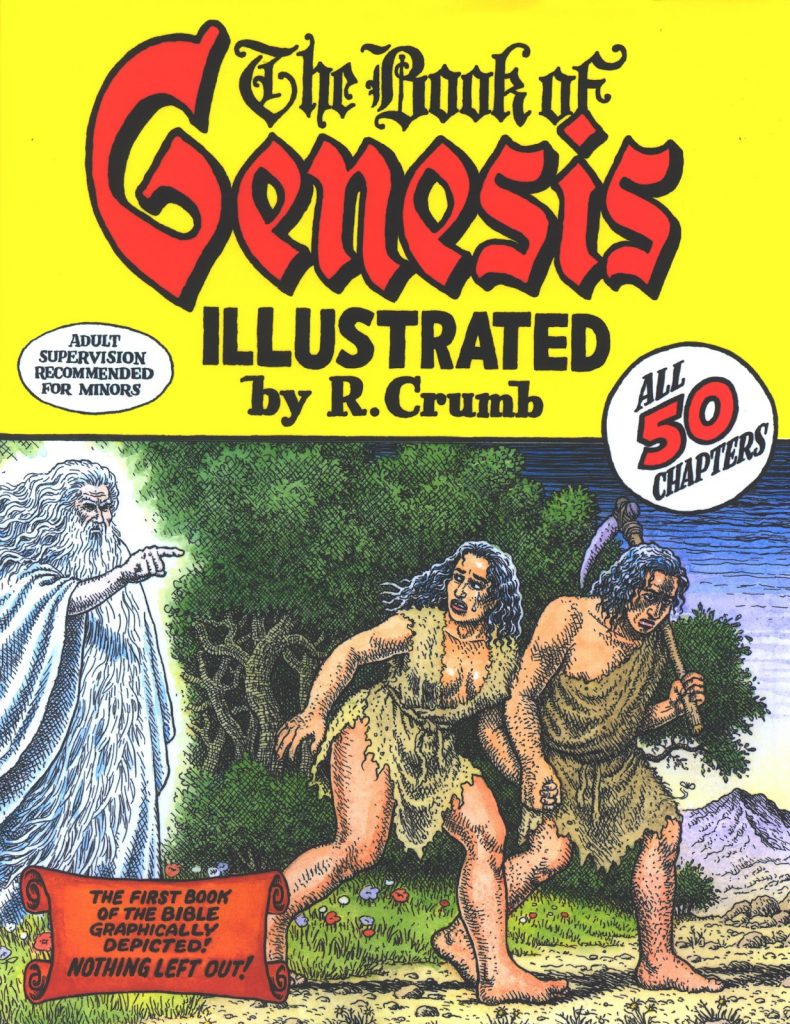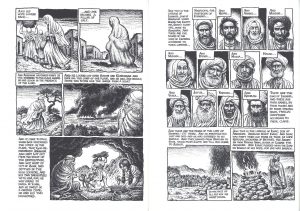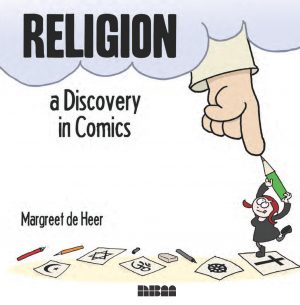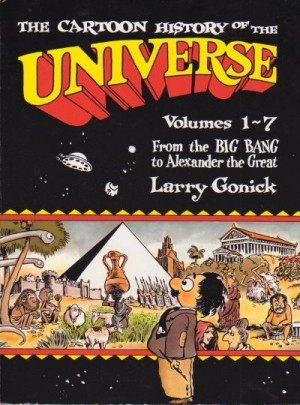Review by Karl Verhoven
The contradictions of Robert Crumb’s career are wide and frequent, yet always true to a personal creative vision, and utterly unable to fit into the tidy boxes some would create around him. Where, then, does that leave an entirely faithful adaptation of the Bible’s first chapter from a man who’s scandalised and alienated the religious minded from his earliest work? In the introduction he refers to what follows as “a collection of stories, legends, and tribal lineages”, and denies any intention to satirise or ridicule, the intention being just to illustrate the text as honestly as he’s able. As incongruous as that may seem, just remove all the baggage and consider it as one of the world’s greatest comic artists being handed a selection of fantastic stories.
Within that, there’s room for interpretation, for Crumb to consider what’s intended as literal, and what may be symbolic, so an early decision is to present the tempting serpent in the Garden of Eden as a humanoid reptile. It’s a logical departure from the traditional depiction as it’s only later when God consigns the serpent to crawling on its belly. Crumb’s prominent labelling of the adult content on the cover is perhaps the only sensationalism, referring of course to the text, rather than his illustration.
Every single page is a testament to the work ethic Crumb applied. The illustrations are detailed and rich, with personality shining through the faces of portraits Crumb supplies to accompany long lists of names. He’s also disciplined through the inevitability of repetition. However, in attempting to be faithful to the biblical text without sensationalising, Crumb’s greatly handicapped himself. His best work springs from deep within, exaggerations or observations that may offend, but with a creative honesty. Suppressing his natural inclinations in the cause of textual compliance results in very tame Crumb. Occasionally a glimpse of natural instinct breaks the veneer, such as three large panels illustrating a line and half of biblical text concerning the gruesome destruction of Sodom, but the necessity of complying with the eccentrically derived text means too many pages of talking heads shackling Crumb.
Despite asserting he’s been faithful, Crumb certainly lapses when it comes to women. On a superficial level, too many conform to Crumb’s Amazonian stereotype, and how else other than a sex scene is Crumb to illustrate a line such as “there was Isaac frolicking with his wife Rebekah”? Yet even that’s restrained, but is there a biblical phrase along the lines of “and lo the nipples of all women did engorge from the constant rubbing against coarse fabric”? Is it deliberate self-sabotage, ensuring Christians will still be offended, so pleasing his regular audience? Only Crumb knows, but he’s never previously ranked credibility as a priority, so it seems he just can’t help himself. We probably already knew that.
The Book of Genesis presents a random, petty and vengeful God setting the bar of expectation way too high. The tests of faith he sets are horrific, and the judgements inconsistent. The sons of Jacob indulge in a massacre and remain unpunished, yet Noah and family are the only innocents to survive God wiping out humanity for a reboot. Crumb’s extensive notes reveal how he coped with the contradictions.
For all the time and effort Crumb poured into The Book of Genesis, there’s so little of him here, and that’s disappointing. On the other hand he’s one of the world’s greatest comic artists, and this is the longest project he’ll ever work on.





